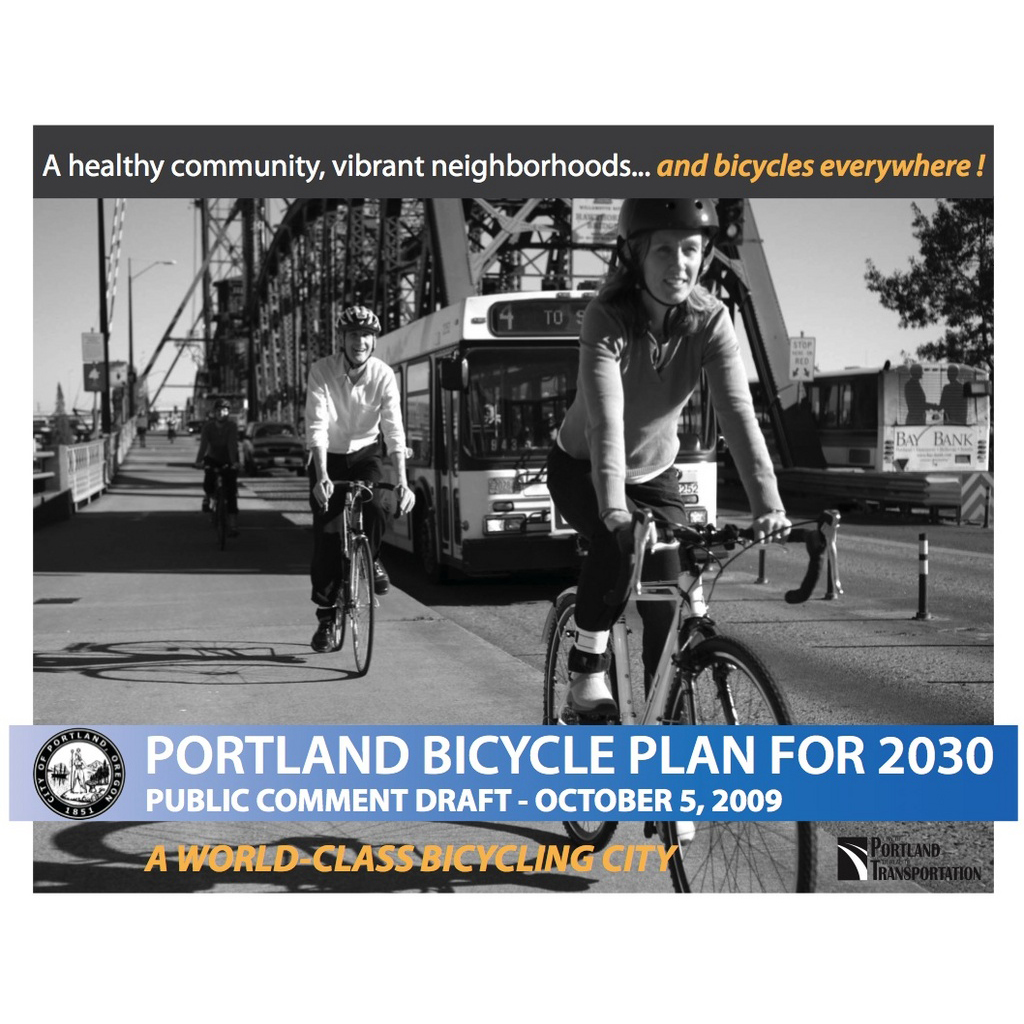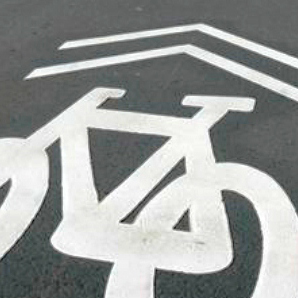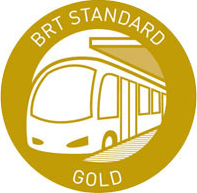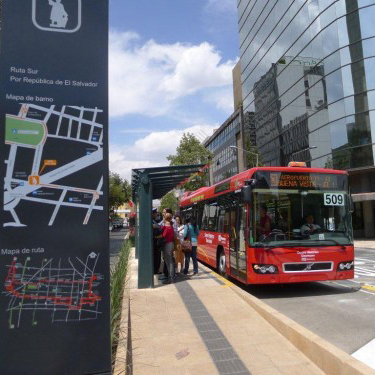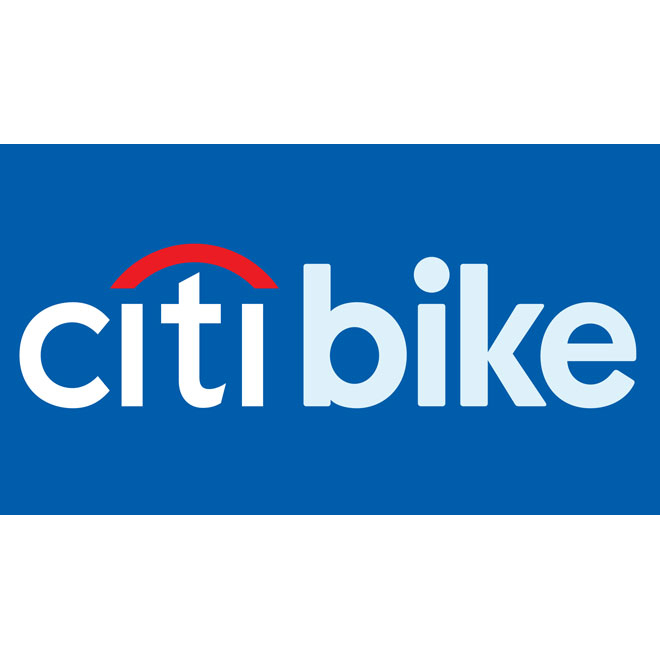Portland Bicycle Plan for 2030
By 2030, bicycling will be fully intertwined with Portland’s regional transit system. Streetcar, light and commuter rail, water taxis and bus transit are all planned and operated with the needs of bicyclists in mind and as high-priority customers who will reach transit stations by bike and partner to reduce reliance on the automobile.
